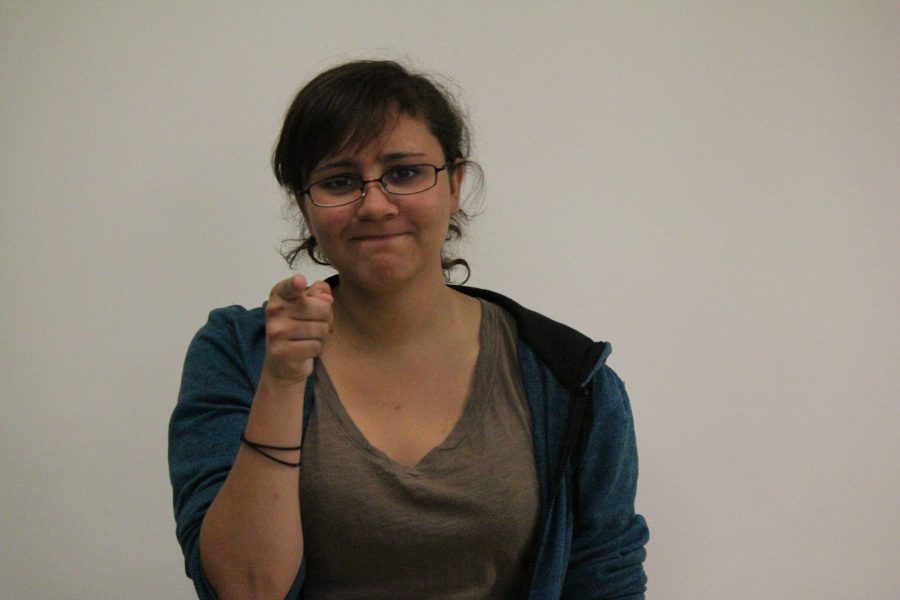Senior Zach Polentini leans forward in his seat and rests his chin on his clasped hands, eyebrows furrowed in concentration. He tries focusing as his AP Literature and Composition teacher discusses last night’s lesson.
A boy and girl sitting directly behind him gossip loudly so that he can barely hear the teacher’s lecture. The air grows stagnant when she is only met with blank stares of indifference.
He looks around the classroom and notices the collective lack of focus; some people chatting here and there, others are doodling, and several students are gone in their daydreams. It is not exactly the most constructive learning environment.
“I try to concentrate for myself but the talking is distracting,” Polentini said.
He longs for the drive and participation he sees in his other classes. He misses the intrigue of a class discussion when everyone is involved; the atmosphere is much lighter and students can feel more comfortable giving their input.
AP Literature and Composition is one of three AP courses he has taken on this year, along with the three he completed his junior year. After six AP classes, this kid at least deserves a hug.
With so many advanced classes, the only conclusion that one can draw is that Polentini is some smarty pants prodigy — the stuff of myths. And everybody knows that immensely intelligent people all have a pedantic attitude toward all those who are fortunate enough to behold their glory.
The absurd glorification of kids in higher academic levels has resulted in dissent even amongst current AP students sharing the same class, all because some are in their first AP class while others are veterans.
Hardworking students like Polentini are assumed to have an arrogant demeanor, when his path onto the AP track was not as simple as it was for most.
“I don’t believe I have any more of a right to be in an AP class than anyone else,” said Polentini.
Unlike many students who were simply referred into their classes by a teacher at the end of the previous year, he had to push his way onto the AP track. And while he did not necessarily have to defeat a battalion of ninjas, the simple gesture of going out of his way for the opportunities provided by an AP class speaks to his determination.
AP classes provide a lot more than just pig-headed prestige. They offer a challenge to those students who are willing to push themselves to the best of their abilities and the chance to earn college credits.
However, it is unfortunate that academic tracking at HHS seems to have set bigger dividing lines between students than any clique or social trend. Perhaps too much emphasis is being put on what level class a student takes says about them and mistakenly puts honors and AP students on some sort of pedestal.
Junior Alex Morton, also enrolled in AP classes, feels that she is lumped in with others as having a pretentious attitude.
“Sometimes I can see even my friends get annoyed like if I forget they’re in honors and ask what the homework was,” she said.
Erica Holton, who teaches both English III and AP Language and Composition, was shocked to hear that there was any dissent between last year’s AP students and Honors English students. She had never noticed animosity between the two while they were in separate academic levels. She firmly believes that all students should focus on their own academic goals and push themselves within their capabilities.
Holton has witnessed firsthand the difference in classroom behavior, including work ethic and participation levels.
“I wonder if it’s more about intelligence or about being perceived as intelligent. Because sometimes it’s just not ‘cool’ to be smart,” she said.
And it is terrifying to thing that someone would allow their grades to suffer just because of a social “norm.”
These differences are not between jocks and nerds, or between popular kids and social outcasts. They are ridiculous ideals and stereotypes between academic levels upheld by stupid generalizations.
Yes, the average AP student is very involved in his or her school work, because they spend their time studying and applying themselves.
If people just do what they are supposed to do and try their best within their own academic bracket, then they would not be wasting time complaining about how an AP student or honors student behaves.

